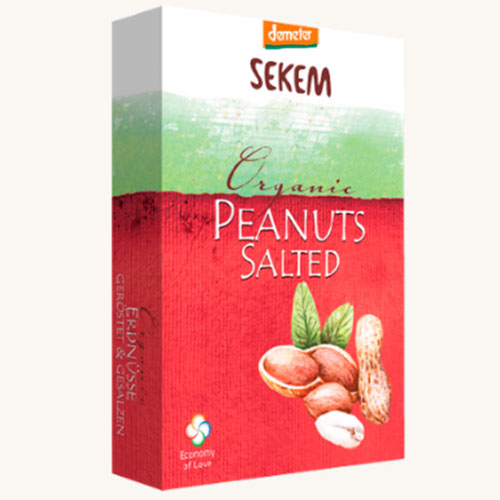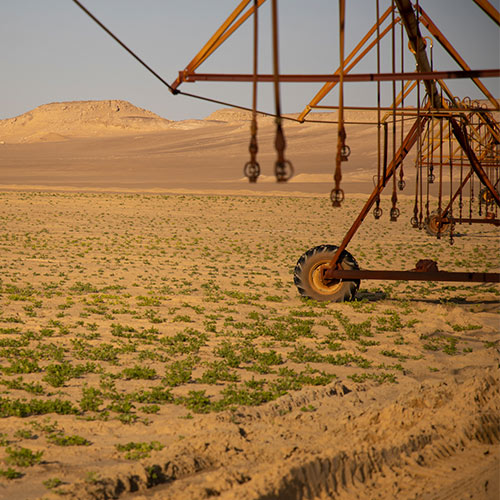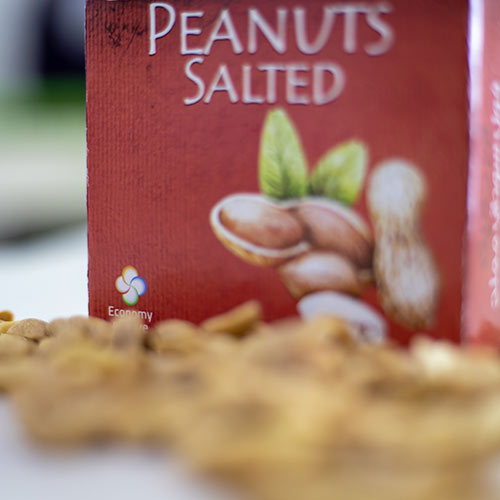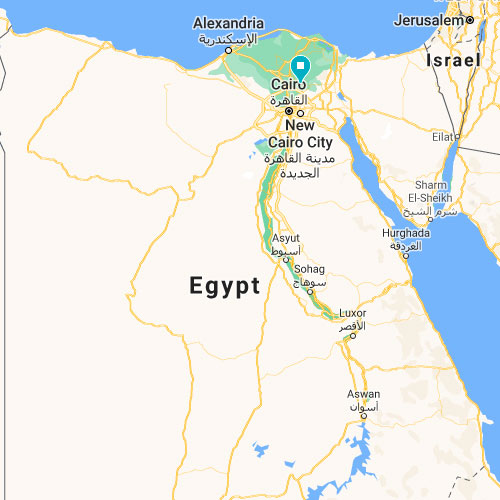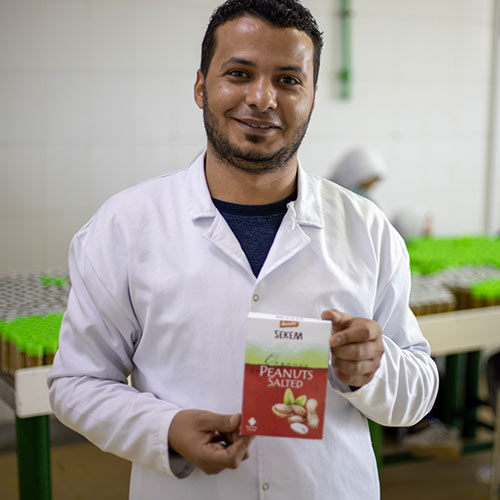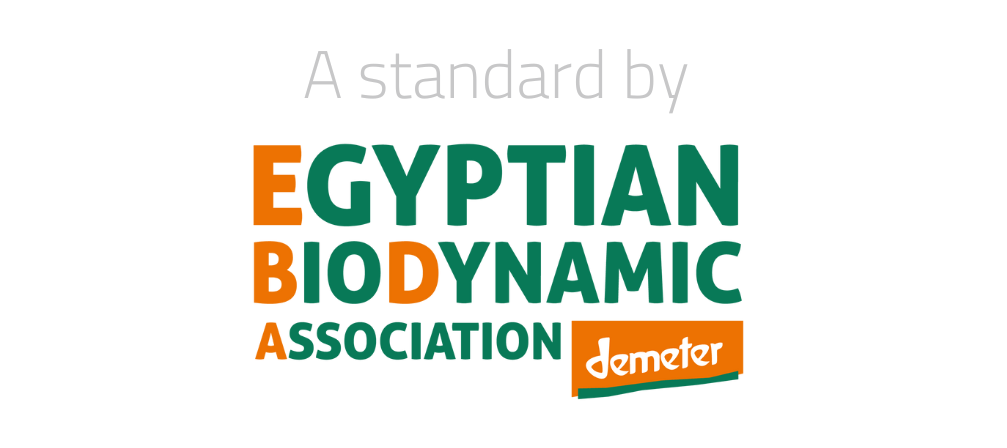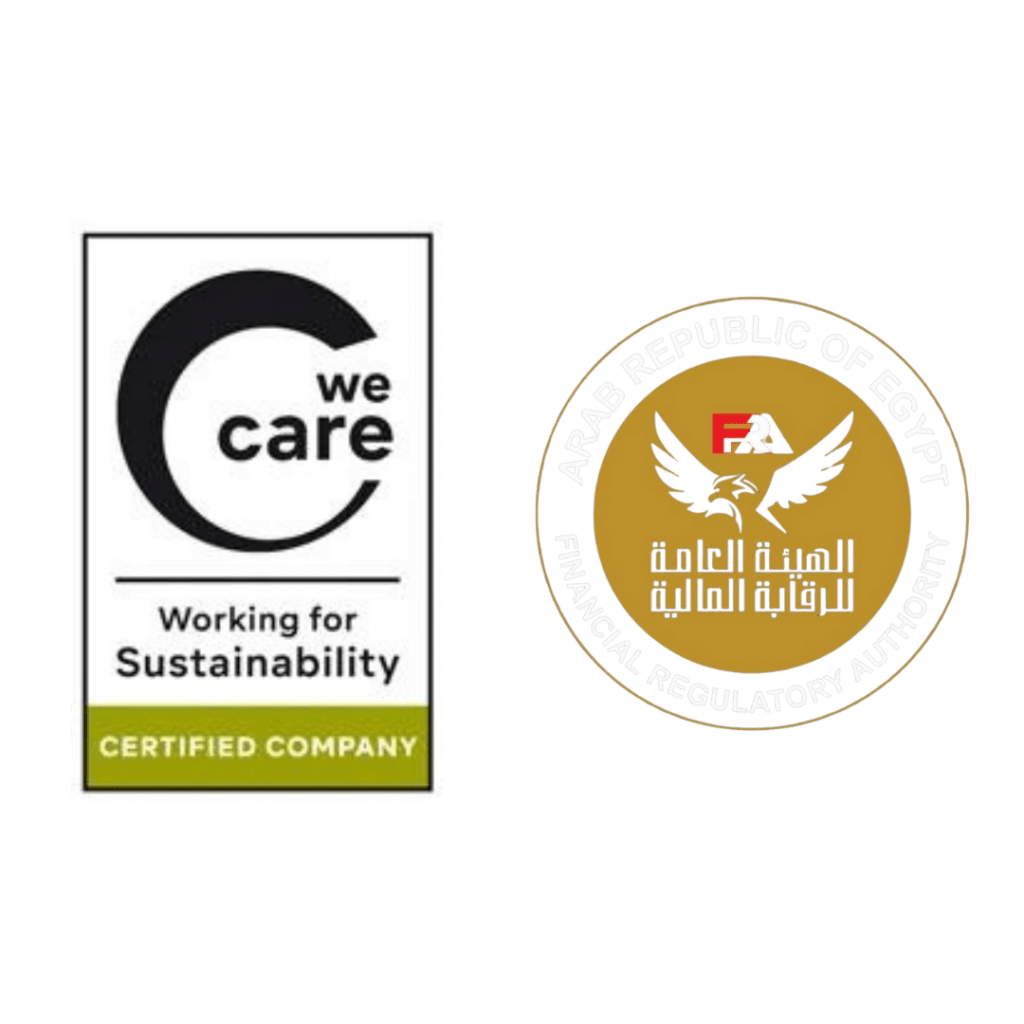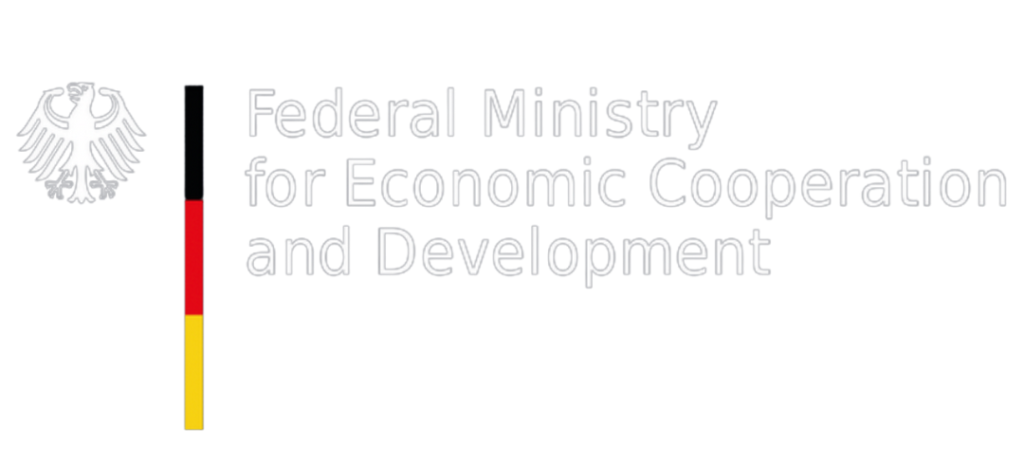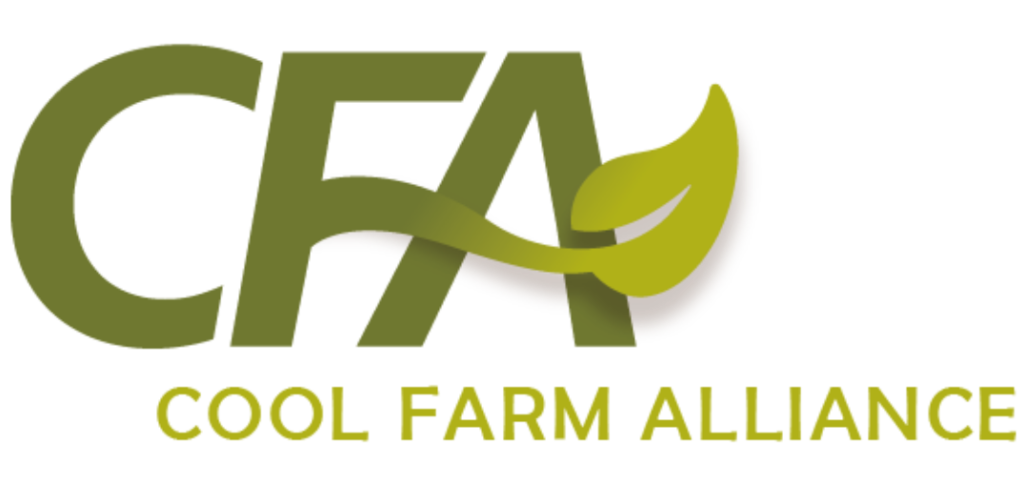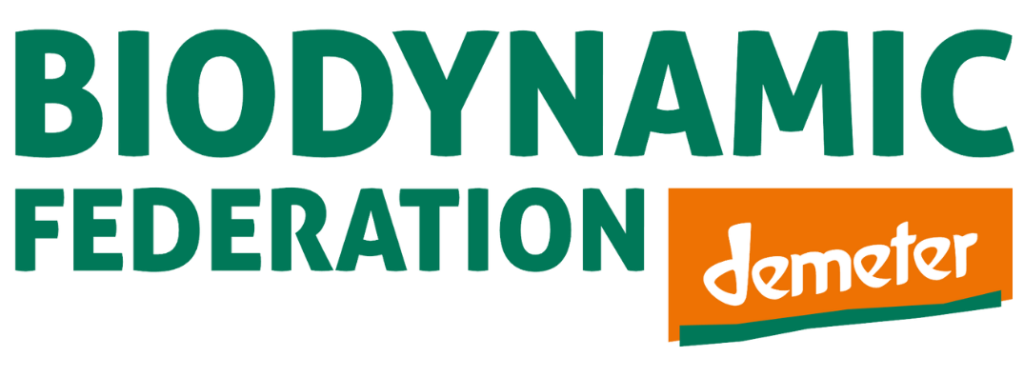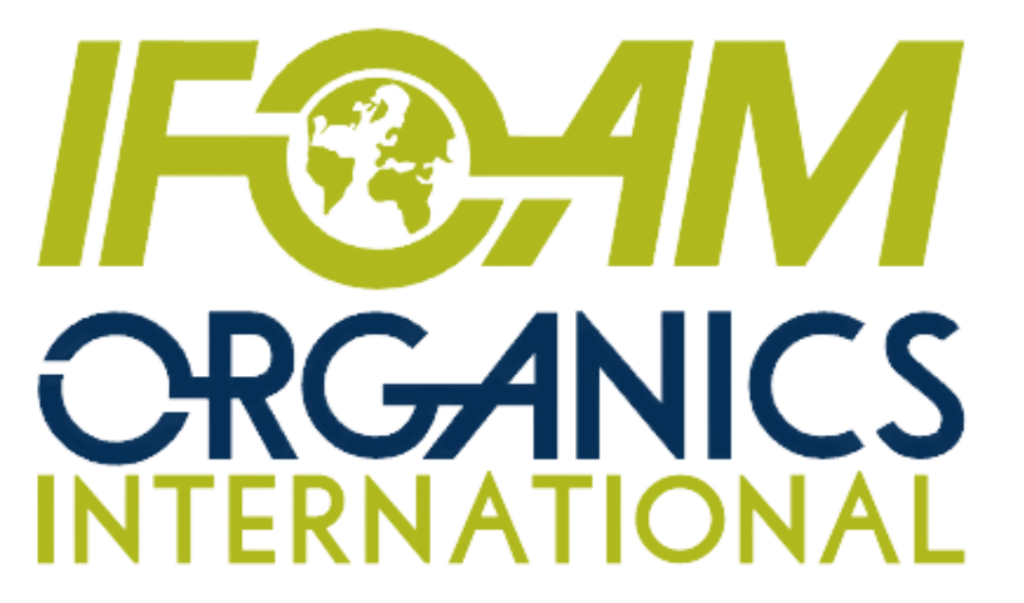Traceback your Product
and explore your
impact on people
& the environment
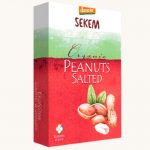
Creating a
FAIR ECONOMY
10%
of the product price is directly going to the farmers to cover the farm cost and a fair compensation for farmers.
Creating a
FAIR SOCIETY
100%
of full-time employees who worked to produce this product receive health insurance and safe working conditions.
Life Long Learning &
WELLBEING
10%
of the working time is dedicated to art and self-development activities; to promote wellbeing and happines at work.
Protecting the
ENVIRONMENT
were sequestered/absorbed by the soil, per kilo of peanuts produced, reducing the impact of agriculture on climate change.
Farming
The Peanuts were produced on the SEKEM Wahat farm, on the farm of Mohamed Ewas in El Minia, and Mahmoud Rabi farms in Fayoum. The cultivation of peanuts are certified organic, Demeter and Economy of Love. These certifications ensure sustainable farming practices that actively protect the environment and increase biodiversity.
During the cultivation of the Peanuts, no chemical pesticides or fertilizers were used to actively protect water and air from pollution.
Regenerative agriculture helps the Peanut plants absorb Co2 from the atmosphere and store it in the soil, thus supporting the reversal of climate change.
The organic production of Peanuts protects the health of farmers and the lives of the pollinators (such as birds, bees, other beneficial creatures) from synthetic pesticides
Meet The Farmers
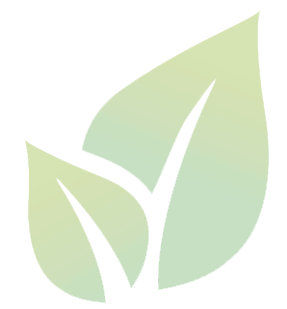
get to the source of production
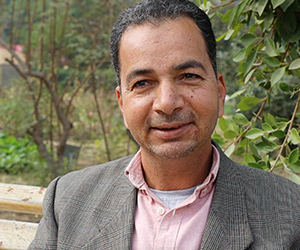
Mahmoud
Farmer in Fayoum, Egypt
Mahmoud Rabi has two biodynamic farms in the area of Fayoum. He is supplying the Sekem Initiative with his demeter certified products already since 2004.
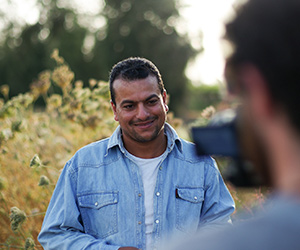
Waleed
Farmer in Wahat Oasis, Egypt
Waleed is living with his family in SEKEM Wahat farm in El WahatEl Baharya. He is a passionate biodynamic farmer who engages in farm work wholeheartedly. Together with his colleagues, he cultivates the farmland in the desert of Wahat.
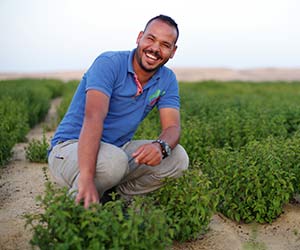
Mostafa
Farmer in Wahat Oasis, Egypt
Mostafa Saber is originally from Minia in upper Egypt. He joined SEKEM Wahat farming team in 2019. Mostafa came to SEKEM Wahat because he wanted to learn more about organic and biodynamic farming.
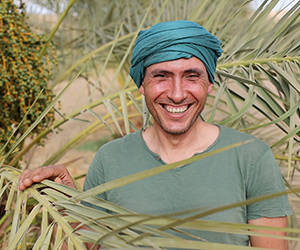
Mohamed
Farmer in Wahat Oasis, Egypt
Mohamed is originally from a small village close to Cairo. He learned and worked in SEKEM farm and got inspired by combining work with art and culture. Next to his agricultural work, he started teaching arts in school.
Processing
After the Peanuts arrive at the iSiS Organic Food Company, samples are taken to be tested for compliance with organic/biodynamic standards. Then the Peanuts are shelled (shell of peanuts is removed) and dry roasted. Then the peanuts are heated at around 160 degrees Celsius to remove the bitter skin. The last step of processing is adding the salt.
iSiS has around 850 factory workers to whom it provides safe working conditions, and gives adequate breaks, to lessen the strains of working in a factory.
Energy-saving measures are taken and the company is committed to fully transfer to a renewable energy source by mid 2022 to reduce its environmental footprint.
61% of the organic waste, produced by the iSiS factory, is recycled on the SEKEM compost site, and 79% of the non-organic waste which is being recycled in recycling facilities.
Packaging
For the final packaging process, the Salted Peanuts are filled into small plastic bags. The vacuum packaging process is naturally extending the shelf life and keeps the Peanuts tasty without damaging them. This bag then comes into the paper carton.
Since its foundation, the iSiS factory has implemented the Core Program which enables all factory employees to engage in courses of art, acting, music, geography, and many more to promote happiness at work.
In addition to the Core Program, iSiS started implementing the EoL EDU program, across the company to give employees the feeling they are part of a community striving towards creating safer work environments, a sustainability mindset and space for wellbeing.
As part of SEKEM holding, iSiS contributed to the planting of 30,000 trees in 2019 to offset its carbon footprint.
Packaging Material
The Salted Peanuts may be responsibly grown and processed, but its packaging material and the companies from which they are sourced do also have a huge impact over the product’s lifetime, and cannot be neglected.
The paper boxes are produced in a factory in Cairo, that promotes worker safety and Corporate Social Responsibility (CSR) activities.
The plastic used to vacuum the salted peanuts is not yet biodegradable or recycled. However, the SEKEM company is currently running tests to replace this plastic with a sustainable alternative.
The packaging is not just the material, but also the design. iSiS has a team of talented graphic designers, Amir, Waleed, and Mohamed, whom we’d like to show appreciation for their beautiful designs, and hard work.
Distribution
The packages are now ready to be distributed directly to your home, local shops or overseas.
The company’s transportation emissions are calculated and monitored to actively work on reducing them to lower its carbon footprint
Drivers have a limit on the number of hours they can drive per day, to ensure their safety.
Whenever possible, SEKEM chooses sea fright over air in order to reduce emissions.
Meet The Employees

The people who processed, packaged and distributed your product
Marwa
Quality Manager in iSiS
Marwa has been working in the tea department of iSiS factory for more than 8 years. Together with her husband and two children, she lives on the SEKEM farm.
Ahmed
Factory Engineer at SEKEM
Ahmed has been working in SEKEM for four years, and lives right next to the SEKEM farm with his family.
Ali
Factory Engineer in iSiS factory
Ali is in charge of the Peanut packaging process in the processing facility of iSiS. He has been working in iSiS for five years, and he loves the social and cultural life in the company.
Abdallah
Distributor in SEKEM
Abdallah has been an employee in SEKEM for over five years. He is responsible for distributing the finished products to stores all over Cairo.
What is the True Price?

Are there hidden costs that the price doesn't reflect?
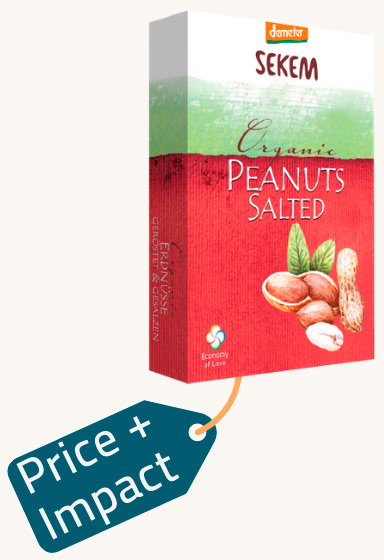
True Price Comparision
Sustainably & ethically produced products add value to society. However, when comparing prices, we don’t take into account the long-term impact of the product. For example, since these Peanuts are sequestering Co2e it is actually saving up to 0.16USD per kilo! This means that it is cheaper than products that emit Co2e, but so often the price tag doesn’t reflect that.
We encourage you to compare products based on their true price; the price that reflects the hidden costs that we and future generations eventually pay for.

The cultivation of Peanuts saves up to 0.16 USD/Kilo, by sequestering carbon into the soil.
Examples of Hidden Costs
Costs that are not reflected on the price tag, but are eventually paid by society
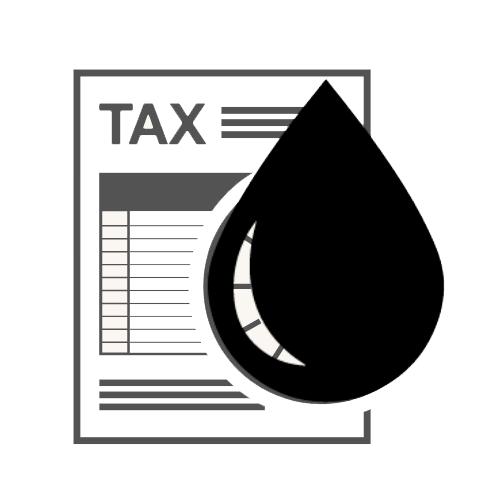
WATER
REPROCESSING COST
Society is paying taxes to clean water sources from agriculture’s chemical fertilizers, pesticides and herbicides, as well as the irresponsible disposal of wastewater from factories, in order to make it usable/drinkable water.

HEALTH COSTS
The use of pesticides in agriculture eventually affects the human body and therefore increases medical treatment costs.

ENVIRONMENTAL
DAMAGE
Society has to bear the long-term cost caused by disruptive agriculture e.g. soil erosion, desertification, loss of biodiversity.
Locations
Check out the locations of all the farms, companies who were involved in making this product!
discover the origin of your product
Mahmoud Rabie
Add an optional description to your map pin economyoflove
Skem El-Wahat
Add an optional description to your map pin economyoflove
Skem El-Wahat 2
Add an optional description to your map pin economyoflove
We hope this information helped you Choose Your Impact!
And make mindful purchasing decisions that leave a positive impact on people and the environment
Interested to know more about the companies above? Click here to download the SEKEM Sustainability Report

